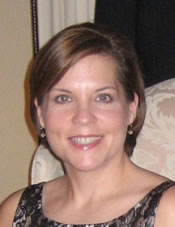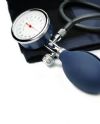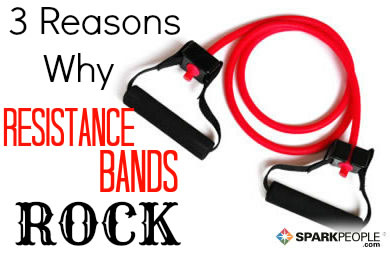|
According to the American Cancer Society more than 1.4 million people this year will hear these dreaded words, "You have cancer" and every day 1,500 people will succumb to various forms of this disease. If there is one positive light to having cancer today, survival rates have increased almost 15% in the past 25 or so years based on data released last year by the American Cancer Society. The reason-- earlier diagnosis and better treatments. Sadly though, many of us have been touched by at least one person in our lifetime who has battled some form of cancer. In 2005, the American Cancer Society released information stating that cancer surpassed heart disease as number one cause of death in people under the age of 85. And if the trend continues, according to the World Health Organization cancer could potentially affect 15 million people worldwide by 2020, only 10 short years from now. My own life has been touched by this disease. Having lost my mother-in-law to liver cancer on Valentine's Day, I recently heard news of four friends fighting their own battles with this dreaded disease--one with breast cancer, the other Non-Hodgkin's lymphoma, another with brain cancer and still another with ovarian cancer--the reality is hitting a little too close to home. Experts believe the reason we are seeing a rise in cancer rates has to do with better and earlier diagnosis of the disease. While other studies show that smoking rates in developing countries may be partly to blame for the rising rate in those environments. Tobacco use world-wide is one of the biggest risk factors not only for lung cancer, but a number of other cancers such as stomach, kidney and esophageal cancers. Screenings for breast cancer, prostate and colon cancers have become quite standard once we hit a certain age. Many health care providers now recommend that once a woman hits age 40 she should start receiving a yearly or bi-yearly mammogram, while 50 seems to be the golden age for the baseline colonoscopy. However, these screenings cannot be a replacement for living and embracing healthy habits. Habits such as avoiding smoking, getting in cardio activity on most days of the week, eating healthy grains, veggies and fruit, as well as wearing your sunscreen daily can hopefully help lessen your risk for developing the various cancers. Take time to talk with your doctor should you have any concerns. Do not allow fear of any new sign or symptom you may be experiencing from getting it checked out. Have you or do you know of a loved one or friend who has been affected by cancer? Are you diligent about getting the proper screenings per your healthcare provider's recommendation? |
Popular EntriesMore From SparkPeople
|















.jpg)